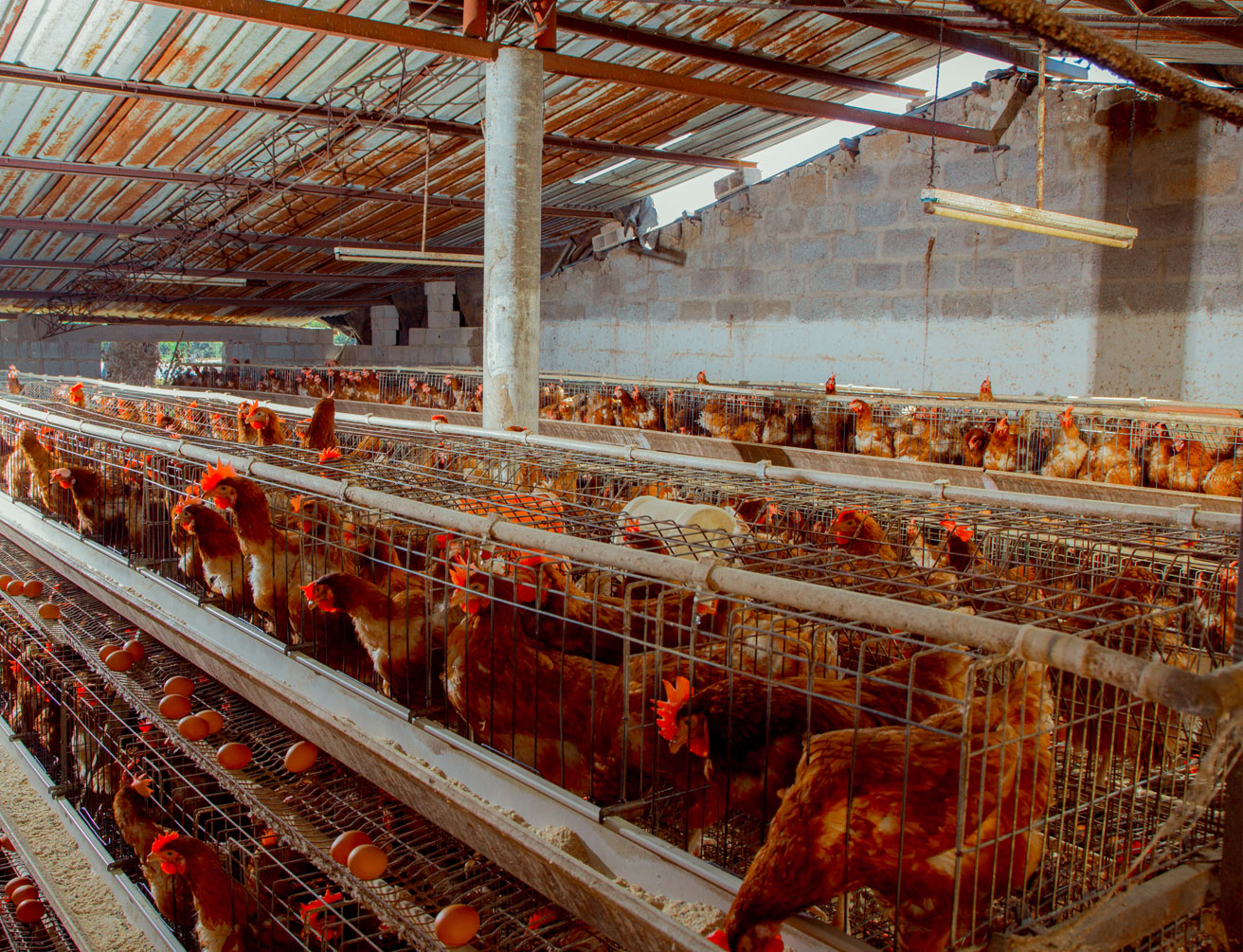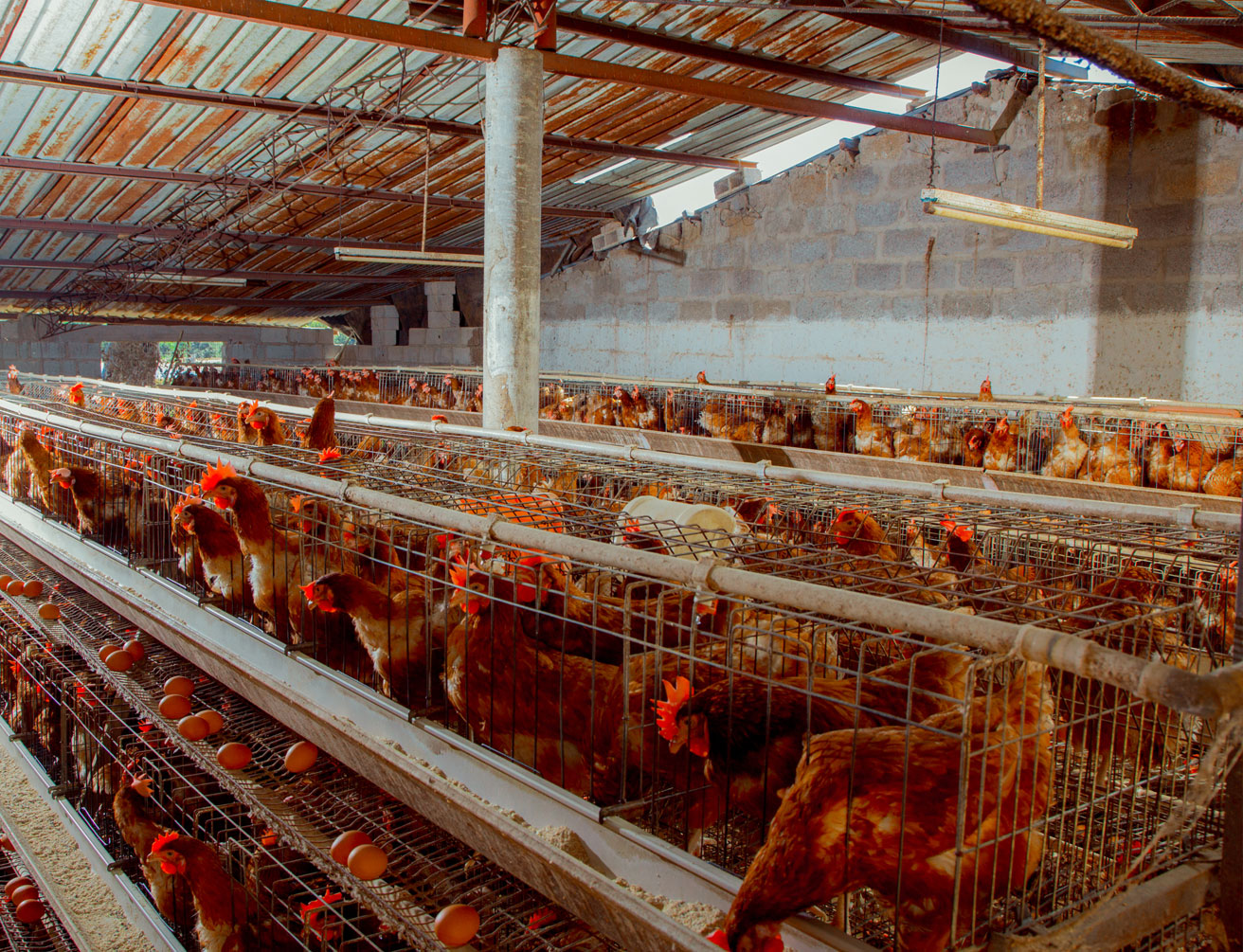
Zambian President Hakainde Hichilema declared the drought a national disaster and emergency indicating that it had devastated food production and power generation, as the country struggles to recover a recent cholera epidemic. Like some of its neighbours, this southern African country is suffering from severe drought due to the El Nino phenomenon, which is worsening harsh weather conditions attributed in part to climate change. The President indicated that 84 of the country’s 116 districts have been affected by the prolonged drought and that authorities would take food from areas where there is a surplus and distribute it to areas in need.
Zambia plans to increase food imports and mobilizes UN agencies and local businesses to help. He added that the drought has destroyed about 1 million hectares of the 2.2 million hectares planted in corn, the staple crop. “This drought is having devastating consequences on many sectors such as agriculture, water availability, and energy supply, jeopardizing our national food security and the livelihoods of millions of people. “Drought is expected to continue until March, affecting more than a million of our agricultural households,” said Mr. Hichilema.
Electricity production has not been spared, with the country expecting a deficit of around 430 megawatts “potentially reaching 520 megawatts by December”, he said, due to the falling level water in the country’s main source of hydroelectric power, the Kariba Dam, which it shares with its neighbour, Zimbabwe. To cope with this situation, the country will import electricity and ration the supply for its approximately 20 million inhabitants.
Parts of Zambia, Zimbabwe, and Botswana are experiencing the driest February in 40 years, while severe rainfall shortages have been recorded in southern Malawi, eastern Angola, and some parts of Mozambique, WFP said in a bulletin released this week. The United States Agency for International Development, the U.S. government’s foreign aid arm, has estimated, through its network of famine early warning systems, that 20 million people in Africa and Australia will need food aid between January and March. According to USAID, many people living in areas of greatest concern, such as Zimbabwe, southern Malawi, parts of Mozambique and southern Madagascar, will not be able to feed themselves until the start of the year 2025 due to El Niño. Source: Zambia declares national emergency over drought | Africanews



